I love planning for the new year – both personally and professionally.
I've always been a big picture person – so I tend to think in 5, 10, 25-year increments … but thinking about the coming year is helpful too.
I think about it a bit like using a map. Even if you know your intended destination, you still have to start with 'where you are' in order to figure out the best way to get there.
There are seemingly infinite potential paths … but motion in a direction isn't really "progress" if it doesn't take you towards your desired destination.
As we reach the final week of 2021, I thought I'd revisit how I set New Year's resolutions.

To start with, resolutions only work if you actually "want" to make them happen. It's one thing to hope that something magically falls in your lap; it's another to want to put in the work.
With that being said, here are some tips.
- Focus on What You Want.
- Focus on Why You Want It.
- Focus on Ways You Might Get it.
- Focus on Evidence of Progress.
Below, I'll take you through an example of each of the four steps.
Moving Towards a Solution, Rather Than Suffering From the Problem.
Before I got back into my health, my first instinct was to think, "I need to lose weight." Knowing that "you're fat" isn't helpful … my head quickly translates that to something a tad more positive, yet generic, like: "I choose to be healthy and vital, and to live a healthy lifestyle."
Blah, blah … They are just words. What I needed was something specific, measurable, and actionable. How about: "I will lose 15 pounds and stop eating after dinner." OK, but that isn't inspiring, and there isn't much for me to do. I can do better than that.
Figure-Out a Big Enough WHY, Rather Than Worrying about the HOW's.
This post isn't about health and fitness; it is about the mindset and techniques you can use to set empowering goals and plans in any situation.
So, while I could list many ways to lose weight (and I might even remember to do some of them), leveraging a driving force creates momentum. In other words, the first step in "Doing" is knowing WHY you want something.
I really do want to be healthy, fit, and vital (it sure beats the alternatives), and I want to have the energy and confidence to live and enjoy my life fully. The world is my playground, and I want to take advantage of more opportunities to play with family and friends. However, to do those things, I must find better ways to live a healthy lifestyle.
The WHYs are just as important for business goals too.
Focus on Potential Solutions, Rather than Problems or Challenges.
Obstacles Exist. The bad news: I don't eat fish, and I don't like vegetables (unless French Fries are vegetables). My joints aren't close to healthy from years of violent contact sports. I rarely get 7 hours of sleep, and who'd have thunk it, but being a CEO of a startup is stressful. The good news: is none of those things matter; and even if they did, it just would mean that I have a lot of room for progress.
It is natural to focus on obstacles. But most obstacles are surmountable – with a big enough WHY, even I'll start to eat vegetables. Instead of dwelling on the limitations, use them as a reminder to focus on potential solutions instead. They are beacons, pointing the way.
How do you do it? To focus on solutions, you can make two action-based lists: one is of things To-Do … and another is of things Not-To-Do.
Here are some of the sample To-Do Items:
- I will drink more water than coffee.
- I will stretch, or do basic calisthenics, on days that I do not go to the gym.
- I will make a healthy shake as a meal replacement rather than a snack of min-meal.
- I will focus on relaxation and meditation as much as I focus on strength & physical exercises.
Here is the actionable list of Not-To-Do Items.
- I will not buy new bigger pants or wear stretchy pants because of an expanding waistline.
- I will not eat snacks out of their container – and will portion out what I want first.
- I will not compare my current level of fitness to what I used to be able to do. Instead, I will focus on my actions and improvement.
Create Healthier Habits.
It is easy to follow a routine. So, here's another tip … make your routine better. Here are some examples of things you could do to make being healthier happen with less effort.
- Pre-sort your vitamins into daily doses, and keep them by the coffee machine.
- Buy healthy snacks, like fruit, raw nuts, or organic energy bars (instead of chips).
- Enjoy listening to music or listening to a book/podcast during your "exercise time." Dedicating time to something doesn't mean you can't be multitasking.
- Park at the end of the parking lot, so you get to walk.
- Meet with friends at the gym or a hiking spot rather than a bar or restaurant.
You get the idea. Get in the habit of looking for ways to create better habits. What habits could you alter slightly to make a big difference? Which things can you automate or outsource?
For two books about the subject, I recommend Tiny Habits by B.J. Fogg and Willpower Doesn't Work by Benjamin Hardy.
Focus on Your Progress.
In this case, it really is about the journey. Instead of keeping track of how far you have to go … notice how far you've come. Utilize an internal locus of control. It is about creating energy, momentum, and a sense of possibility. You may have a big, hairy, audacious goal in mind. That's fine, as long as you realize that reaching each milestone along the way is still an accomplishment.
- Find shoes that don't hurt your feet.
- Pick a gym or a personal trainer that you enjoy.
- Run more than two laps without stopping.
It doesn't matter what they are … they all count, as long as you know that you are moving in the right direction.
Summary
The point of this exercise was not really to focus on fitness. These techniques and goal-setting tools work in any situation. The principles are:
- First, figure out what you want and why it is important to you. Only focus on the few things that are actually important to you.
- Second, find something you can do, right now, which moves you in the right direction.
- Third, notice which things create (rather than take) energy. Spend your time on those, and automate or create routines to take care of the rest.
- Fourth, plan forward, but measure backward. Set milestones so that you can recognize and celebrate your progress.
In my business, this translates to having a mission and vision – it's what we want, why it's important to us, and a basic strategy to get there. Then we create yearly "Big 3" goals that move us toward that long-term vision. Then, the team creates SMARTs (goals that are specific, measurable, attainable, relevant, and timely) and KPIs (key performance indicators) so they know where to spend their time, and what milestones tell them they're on the right track.
It isn't magic, but it works.
Hope this helped.

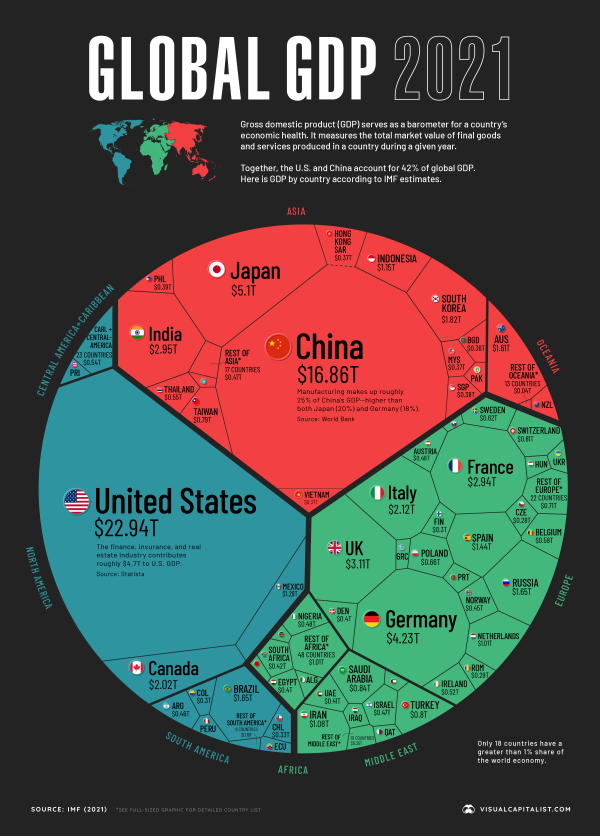 via
via 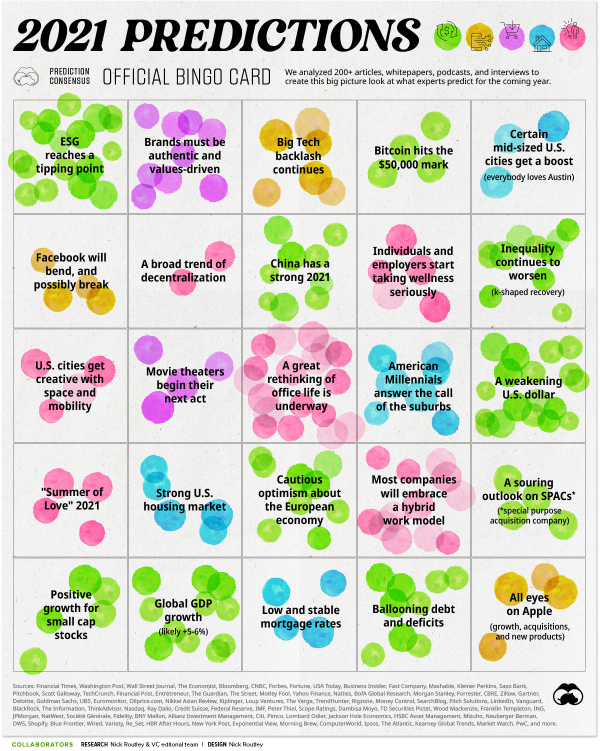 via
via 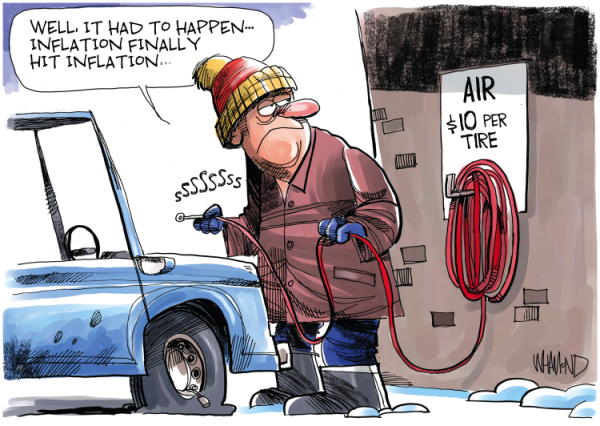
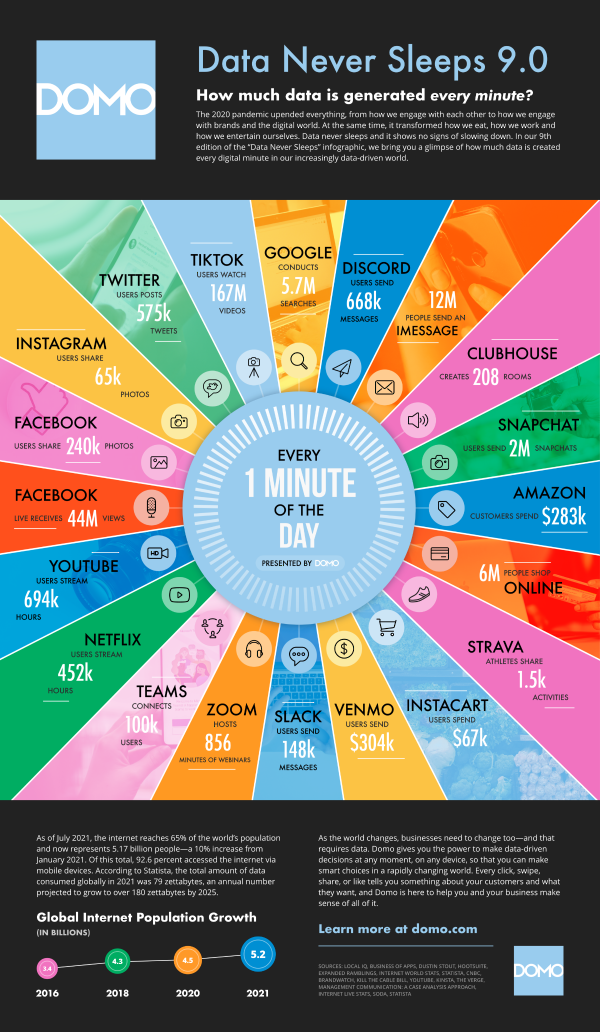

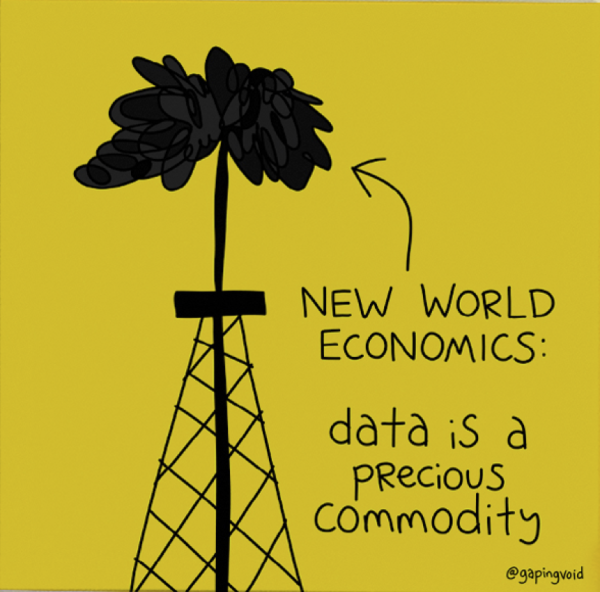
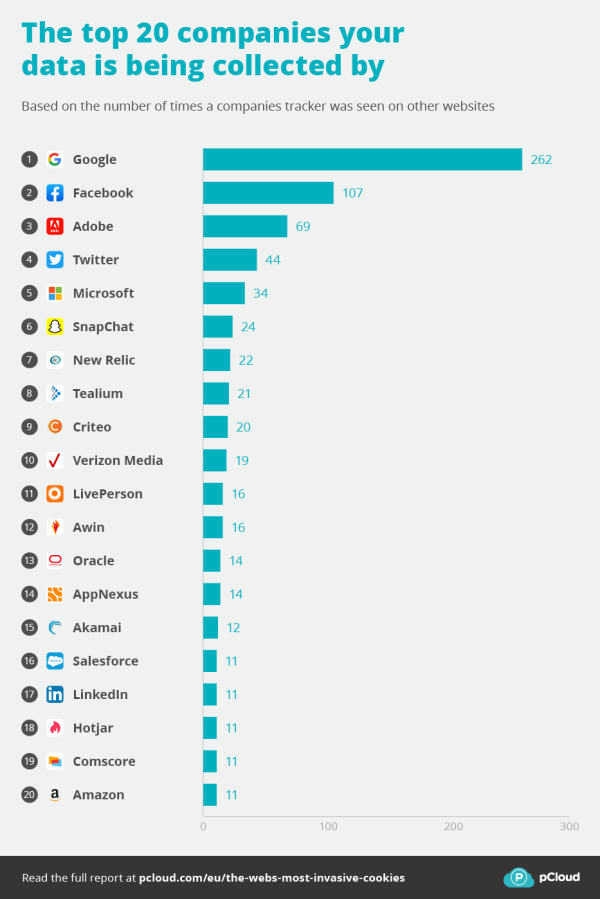 via
via 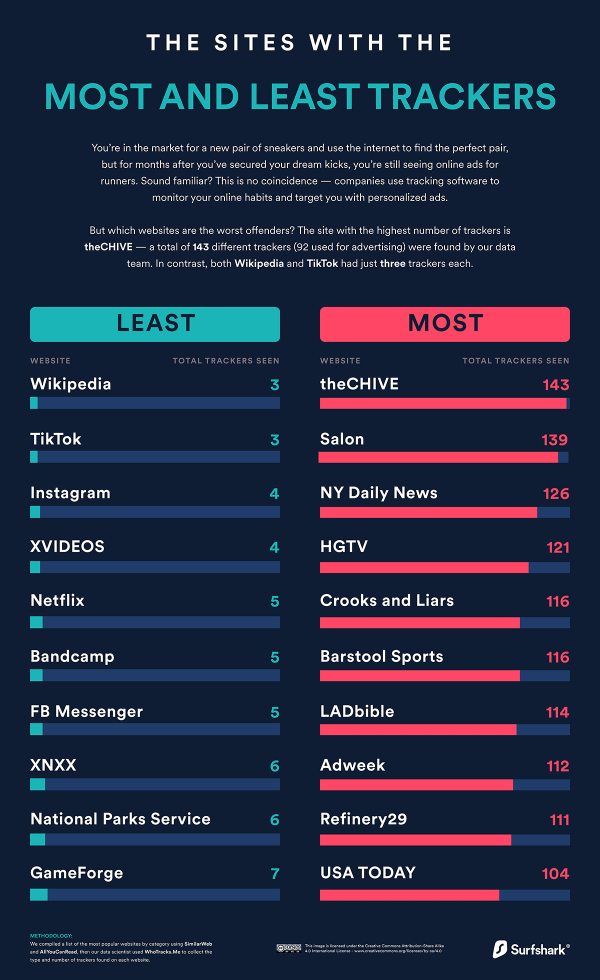 via
via